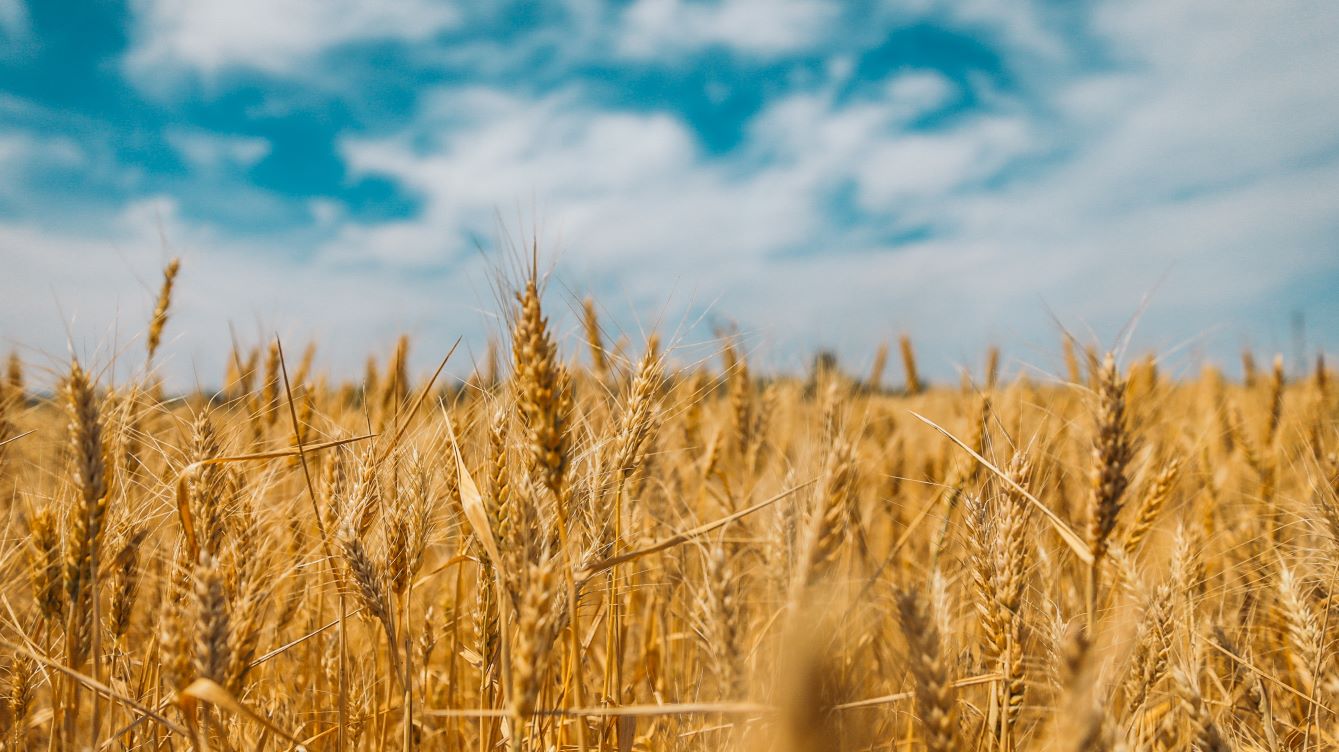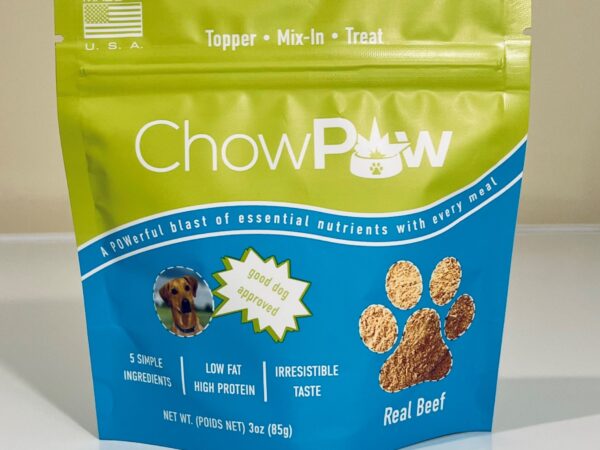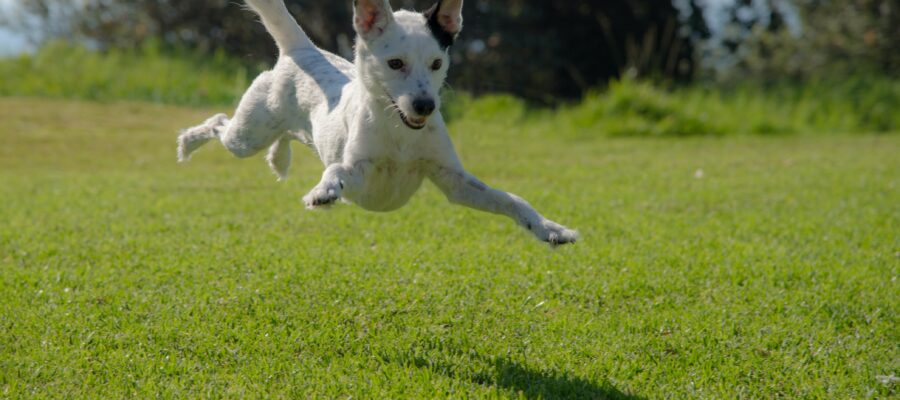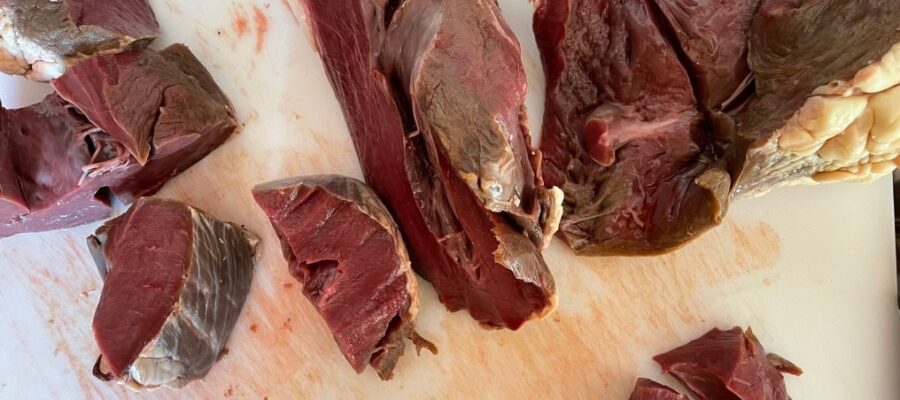
Are Grain Free Diets Bad for Dogs? Debunking Myths and Facts About Grain Free Diets
As conscientious dog parents, navigating the landscape of dog nutrition can be overwhelming, especially when it comes to the ongoing debate surrounding grain-free diets. In this post, we aim to debunk prevalent myths and shed light on the facts to guide you in making the best nutritional choices for your four-legged family member.
The Grain-Free Trend:
The surge in popularity of grain-free diets is often linked to the notion that they mirror a dog’s ancestral eating habits. However, it’s crucial to unravel the myth that all grains are inherently harmful to our canine companions. The real key lies in discerning the source and quality of these ingredients.
Common Grain-Free Ingredients in Dog Food
When opting for a grain-free diet for your dog, various alternative ingredients replace traditional grains to provide essential nutrients. Here are some common grain-free ingredients found in high-quality dog food:
-
Protein Sources:
- Chicken: A lean and easily digestible protein source.
- Beef: Rich in essential amino acids, supporting muscle health.
- Fish: Provides omega-3 fatty acids for a healthy coat and skin.
- Turkey: A flavorful and protein-packed option.
-
Alternative Carbohydrates:
- Sweet Potatoes: A nutritious, complex carbohydrate source rich in vitamins.
- Peas: High in fiber and protein, contributing to digestive health.
- Chickpeas: Packed with protein, fiber, and essential vitamins.
- Lentils: A good source of plant-based protein and fiber.
-
Healthy Fats:
- Salmon Oil: Contains omega-3 fatty acids for heart and joint health.
- Coconut Oil: Provides medium-chain triglycerides (MCTs) for energy.
- Flaxseed: Rich in alpha-linolenic acid, supporting skin and coat health.
-
Fruits and Vegetables:
- Blueberries: Packed with antioxidants for immune support.
- Carrots: A natural source of beta-carotene and fiber.
- Spinach: High in iron and vitamins for overall health.
- Cranberries: Support urinary tract health.
-
Supplements:
- Vitamins and Minerals: Ensures a balanced diet for overall well-being.
- Probiotics: Supports a healthy gut microbiome.
- Chondroitin and Glucosamine: Promotes joint health.
-
Herbs and Botanicals:
- Rosemary: An antioxidant with potential health benefits.
- Thyme: Contains vitamins and minerals for added nutrition.
Separating Fact from Fiction:
- Myth: Grain-free equals healthier.
- Fact: While some dogs thrive on grain-free diets, the overall healthiness depends on various factors, including the specific nutritional needs of your dog and the quality of ingredients present.
- Myth: All grains are bad for dogs.
- Fact: Contrary to the sweeping belief, certain grains like brown rice and oats offer valuable nutrients such as fiber, vitamins, and minerals, contributing to a well-rounded diet.
- Myth: Grain-free diets prevent allergies.
- Fact: Food allergies in dogs are more commonly linked to proteins than grains. Opting for a balanced diet with high-quality ingredients remains pivotal in preventing allergies.
Balancing Your Dog’s Diet:
Achieving a balanced diet involves a nuanced understanding of your dog’s individual needs, current health status, and daily lifestyle. Consulting with a veterinarian becomes paramount to tailor a nutrition plan that perfectly aligns with your furry companion’s unique requirements.
For a deeper dive into deciphering the nutritional content of your dog’s food, explore our post on “From Picky Eaters to Health Enthusiasts: How Beef Heart Can Transform Your Dog’s Diet.” It provides valuable insights into understanding labels and making informed choices.
Embark on a canine wellness exploration with our guide on “Vitamins, Minerals, and Nutritional Bliss for Your Furry Friend.” Discover the essential elements that contribute to your dog’s overall well-being.
Looking for a boost in dog nutrition? Explore our dog food topper for a blast of vitamins and minerals. Our commitment to prioritizing your pet’s health and happiness is reflected in every carefully curated bag.
In the complex discourse of grain-free diets, meticulous consideration of the myths and facts is imperative for informed decision-making. Whether opting for a grain-free approach or not, the crux remains a balanced, nutritionally rich diet that caters to the unique needs of your beloved canine companion. Stay informed, keep learning, and let your furry friend’s well-being be the compass guiding your nutritional choices.






